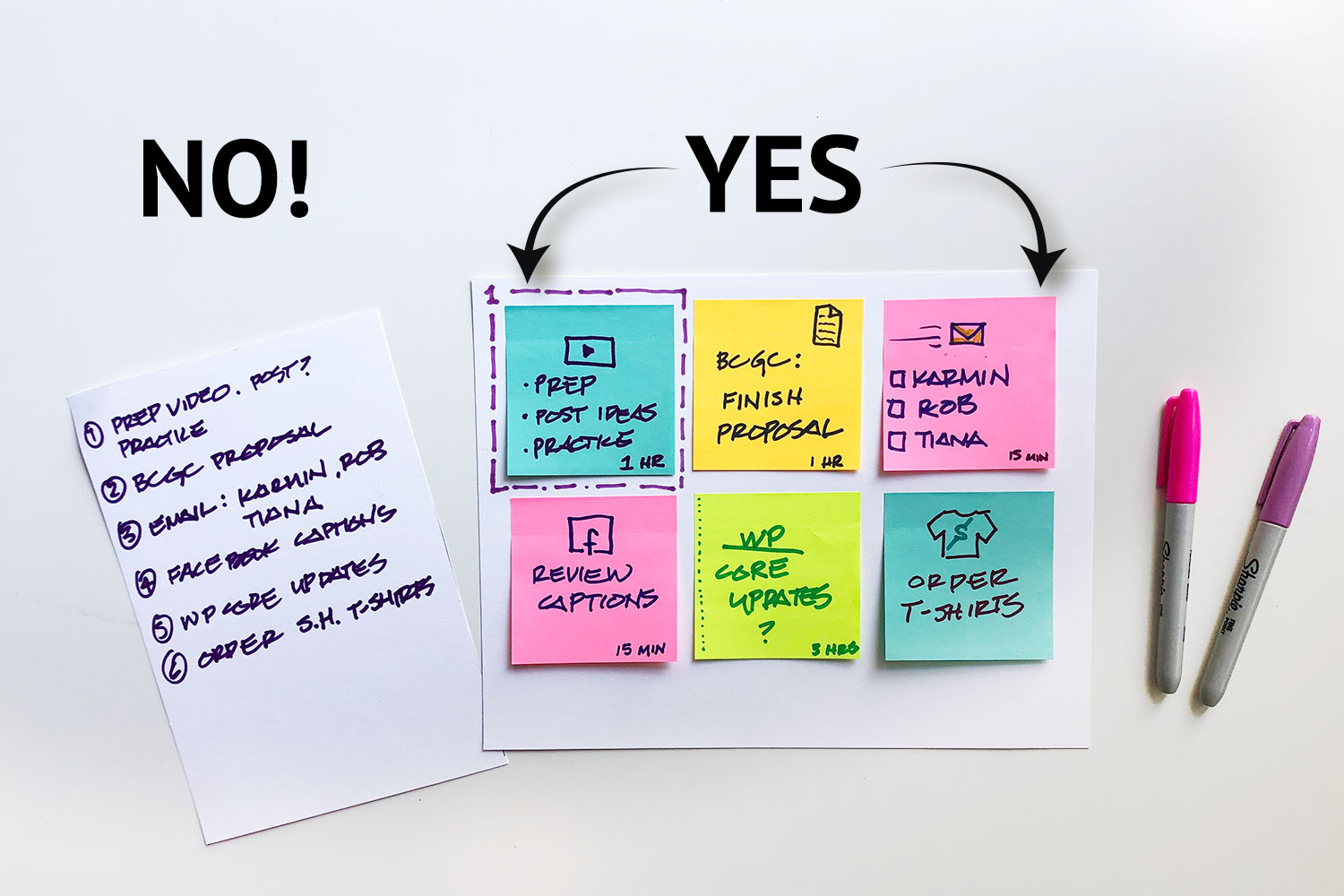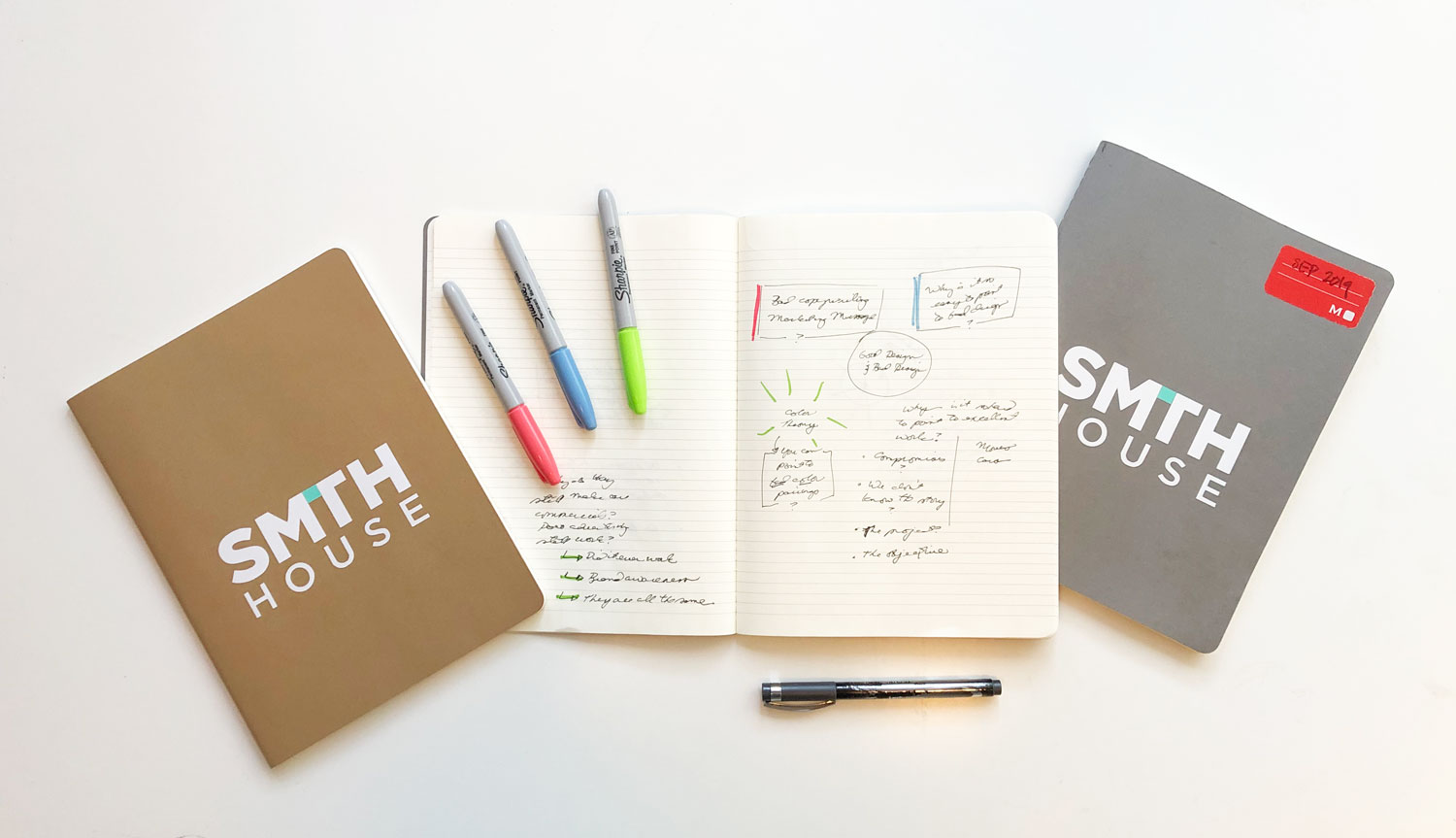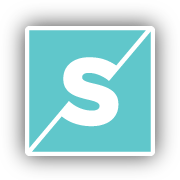Work is complicated and hard. That’s why they call it “work.” If you want to maximize your day, you have to need creative habits that free up your brain to do the hard stuff. Here are TOP 10 favorite habits:
1) If it takes less than 5 minutes, do it now.
The little stuff? Don’t try to figure out where it falls in the list of priorities. Just get it done now so that you have a clear mind for the more complicated, time-consuming stuff that requires focus.
2) Use Post-it notes on your physical desktop to organize priorities.
Now let’s talk about lists. Lists are perfect for grocery shopping and people to invite to a party. But lists aren’t effective for much else…

In the morning, I write a project or priority on each note, and then I put a time estimate of how long it will take beneath it. This way I can, with a quick review, see everything that needs to get done, and reorder the post-its in the best order.
What about apps for to-do lists? These can be inefficient. Your screen is nothing but distractions. With post-its on your desk, you should be able to look away from all of these distractions.
Bonus: If your boss walks in the room and asks you to do something new, you can gesture towards your desk and have an honest conversation about what you are already doing, and what projects you can ignore.
3) Take Notes: The soft-cover notebook is an underrated solution to keeping ideas and notes.
I know that everyone has their preference for how and where they take notes. I’ve tried everything since I joined the rap game, and this is what I’ve seen:
- iPad – Scribbling notes and ideas on an iPad can take too long. It’s cool, very cool. But it can take too long. Too many taps and swipes.
- Hardcover Moleskines – These are too classy and expensive and require that you be really serious about what you write and draw. You feel compelled to be perfect, because some historian in the year 2057 will uncover this journal from your personal documents hoping to discover the secrets of your genius.
- Scrap Paper – To write on random scraps of paper (we all do it!) is a bad idea because they are too easy to lose. Plus there is no timeline to these scraps.

4) Know when to close your inbox.
There are unintended consequences to this “always available” work culture. We are able to quickly prove how responsive we can be (email replies in less than 5 minutes!), but you cannot solve a complicated problem when your eyes are glued to your inbox. So check your email, yes, but know when to step away. In the end, you’ll get more respect from your coworkers as a problem solver than an email champion.
5) Concentrate Better: Use white noise.
If you are lucky enough to have a very quiet office, then you won’t need this. But most of us work in an open office where it is easy to get distracted by others’ conversations and the commotion of the office.
So I like to use https://www.noisli.com/. It creates just enough white noise to take the edge off the loud conversations and repetitive noises of a work environment. Sure, you could listen to music, but you might end up accidentally quoting a Drake in your email to the CFO, and we don’t want that now do we?
6) Focus, for Real: Multi-Task Single Task
I am forever indebted to a college professor at Young Harris College for having the audacity to confront freshmen on their popular habits. He explained:
“I know that it’s fun to study on your bed in your dorm room. It’s comfortable there, and it doesn’t feel quite as much like studying. But you also cannot concentrate with all the distractions, so you are spending your time pretending to study. If you want to study fast and remember more, go to the library. Find the floor where nobody else goes. Walk down the hallway until it ends. Sit on a hard wooden chair and slide up to the hard wooden table. Open your books, your notes, and get ready to get real work done.”
This was true in college, and it’s true today in my career. I have to eliminate distractions, even productive distractions (5 projects at once!), if I expect to solve difficult problems.
7) Be Creative: Host Meetings in New Place.
We all have memories of when a college professor decided to have class outside. All the days in the lecture hall have since blended together. But that one day you had class in the grass courtyard under the tree? Unforgettable.
It’s not just the novelty of escaping the classroom. With a new environment, your mind is alert. You think differently. You have new expectations that you didn’t have the day before.

So if you are looking to shake things up on a project or within a team dynamic, go to a new place. It can be a coffee shop, a coworking conference room, on a walk around the neighborhood. Or just meet in a new room. Sit in new chairs. A little change goes a long way.
8) Find Relief: Take a 10-minute walk and look up.
Whenever I get overwhelmed or when I hit a wall, I slide my phone into my pocket and walk out the door. I walk onto the sidewalk and down the street. I try to avoid looking down at my phone… instead I look up at the sky.
I cannot explain why looking up is so magical, but somehow it loosens my mind and lets me breathe. Again, think back to when you were a child and you laid on your backyard and stared at the fluffy clouds drifting across the blue sky. There was something so healing about those brief, quiet moments. It still works in adulthood.
9) Communicate Better: Change the Channel
If you are finding that text messages aren’t working, upgrade to an email. If the email thread is too complicated, pick up your phone and speak with the person. If there is confusion around a project, call a meeting. This is an excellent habit that everyone will come to adore!
Conversely, don’t call a meeting when a phone conversation is just as good and less disruptive. You get the idea.
10) Help Yourself: In the final 15 minutes of your workday, write a to-do list for tomorrow.
Most of us have gotten into the habit of working up to the final seconds before we have to head home and get back to the rest of our life. You know how it is… responding to a few final emails, updating Basecamp, whatever.
Sometimes this is just how it goes, but I’ve found that finishing my day with a “note to myself” for the next morning or a small to-do list is very effective. I am always delighted the next morning to read the note. Future Matt loves me for this stuff!
Summary
Be warned: the Internet is filled with elaborate, complicated “improve your productivity” methodologies. (Over here and over here). However, I’ve never seen a friend or colleague become magically more productive because of their fussy methodology. At most, it gives them weird habits that are narrated by contrived lingo. (“Sorry, I’m going to have to whitebox this conversation. Let’s finish this on the First Friday of next month.”)
Developing simple, intuitive habits is more fun. Try it!
BONUS: If you liked this blog, you might enjoy these too:

